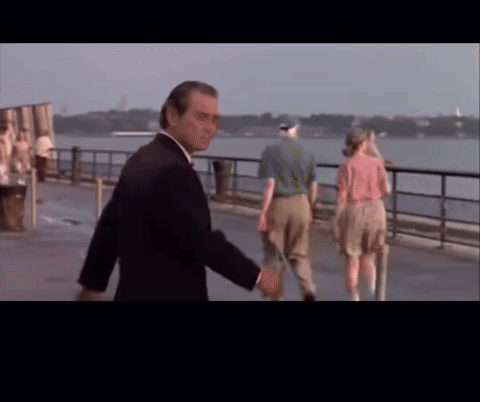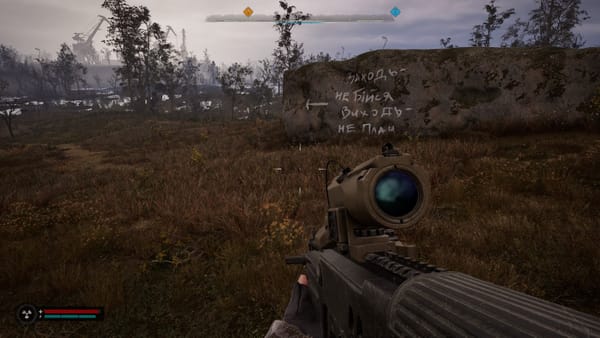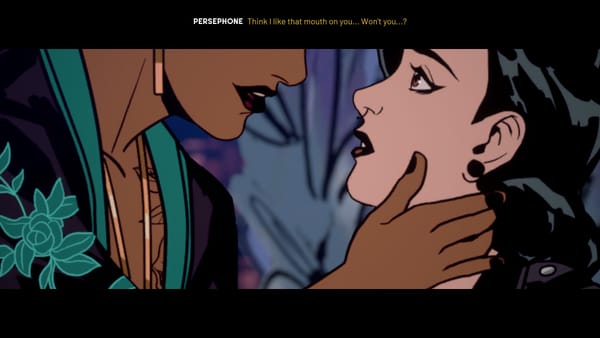Season: A Letter to the Future - Mindful Adventure
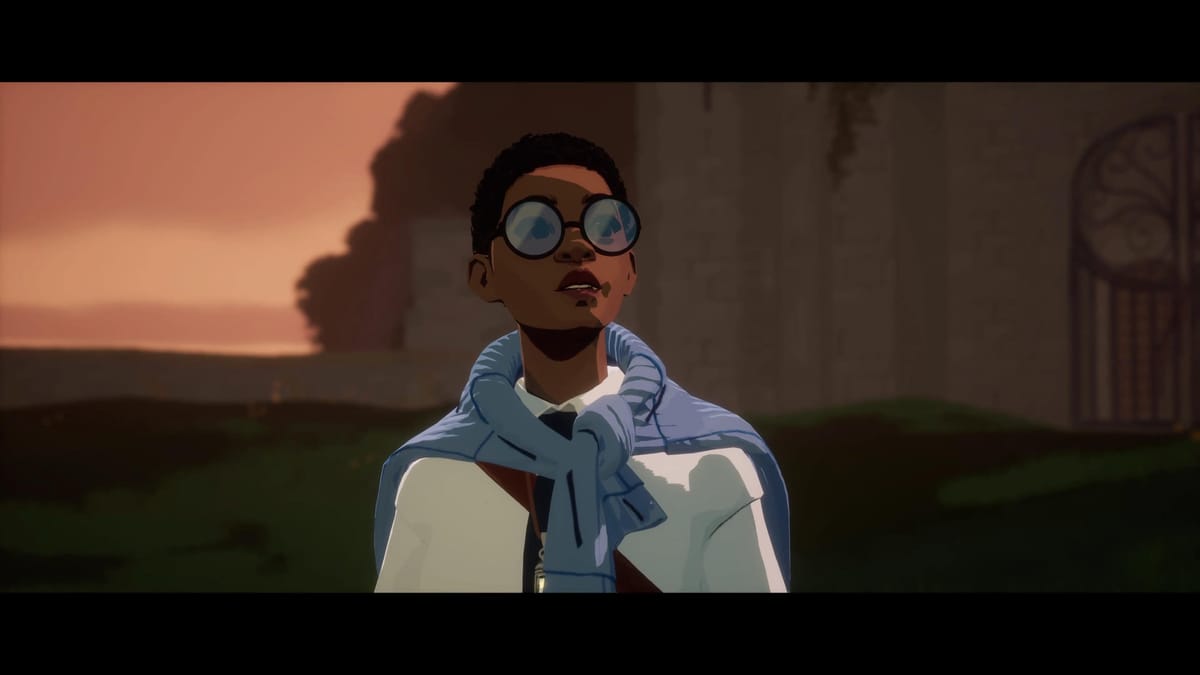
Season: A Letter to the Future is an adventure game released in 2023 by the Canadian indie developer Scavenger Studio for PlayStation and Windows. And it's not quite like other games. I was hooked from the moment I saw the trailer for the first time—the visuals, yes, but also the general vibe felt so peaceful and warm.
This is a game about an adventure in an imagined world that is not quite like ours. But not overwhelmingly different. You play as a teenager who lives in an isolated stone city on the rock. Until one day, you decide to explore the world. And explore you do. There are no fights or shooting - just your bike, diary, and camera. Actually, there are a few more things, but that's not the point.
A bit about the Scavenger Studio
Scavenger Studio is a Canadian indie game developer from Montreal that was founded in 2015. According to their social media pages, they consisted of 45 people developing their 2nd game–Season: A Letter to the Future. But soon after the release, they went through a lay-off and were downscaled to 16 people. Their first game was the Darwin Project–a free-to-play multiplayer online battle royale game, which was also not a great success.
Their vision is "Find intuitive and impactful ways to participate in interactive entertainment". The mission is to "Expand the access, the creation, and enjoyment of interactive entertainment." Both share a corporate notion with it, not often associated with an indie game developer.
I was also disappointed to hear that the developer even managed to get into a scandal around sexual harassment and toxic work culture. The co-founders were in a romantic relationship, which prevented the objective analysis of the situation in a timely manner, causing publicity and harm to their employees.
In a nutshell, we have a somewhat questionable and ambiguous company that is independent on paper but very much corporate in appearance. It was obviously built around Simon Darveau's figure–a seasoned game designer and a founder. Less so a people's person. Doesn't sound healthy at this point.
Key People:
- Amélie Lamarche–co-founder, President and CEO
- Simon Darveau–co-founder (suspended from being Creative Director)
- Kevin Sullivan–Creative Director (left after the release)
Going ahead of myself, I really encourage you to try it. But with an open mind–it's not about the adrenaline rush but a mindful experience. So you must be in the mood for this stuff. Otherwise, you can get bored. But let's get back on track with the H.E.A.R.T. of this game.
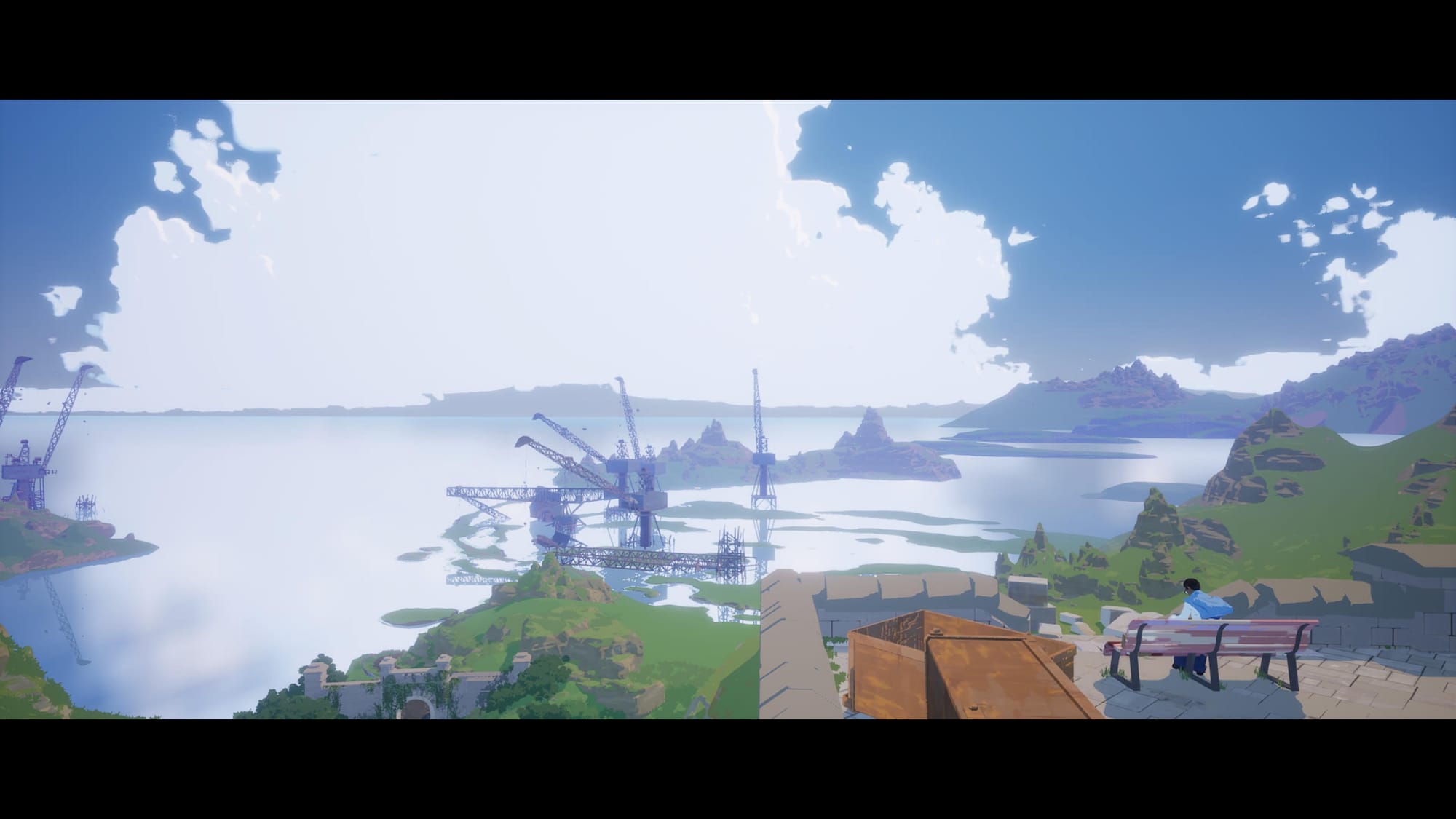
Graphics
The game's visual design was the first thing that caught my attention. It's not super detailed—underneath the stylized shaders, there are low-poly models. However, the stylization is done very well, along with the environment design. It fits the general game vibe—you want to sit on that bench and do sketches. It reminds me of Howl's Moving Castle, directed by Hayao Miyazaki. My take is that it is intentional. It suits the game.
So, overall, I was impressed by the visuals. It suits the game and helps reveal its vibe, enabling some of its secondary mechanics. Not revolutionary through.
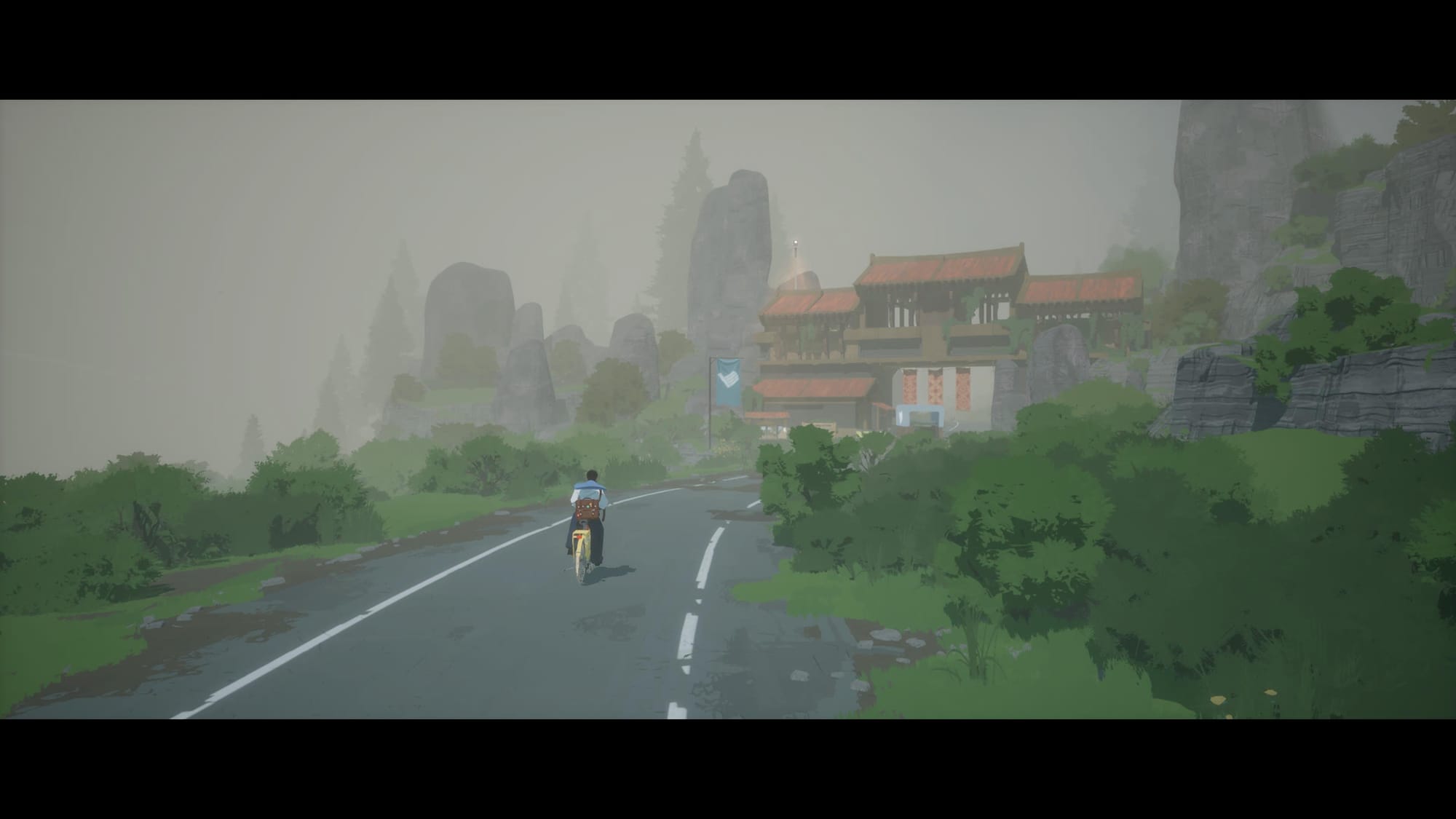
Gameplay
Regarding gameplay, Season: A Letter to the Future is a relaxing rather than challenging game. You will not fight monsters or climb through complicated level designs, but you will enjoy bike rides and picturesque landscapes.
And the game is pretty much about it. You have a bike, a camera to take photos, a mic to record sounds, and a sketchbook to make drawings. In most cases, your game goals would be to explore and find pieces of story puzzles.
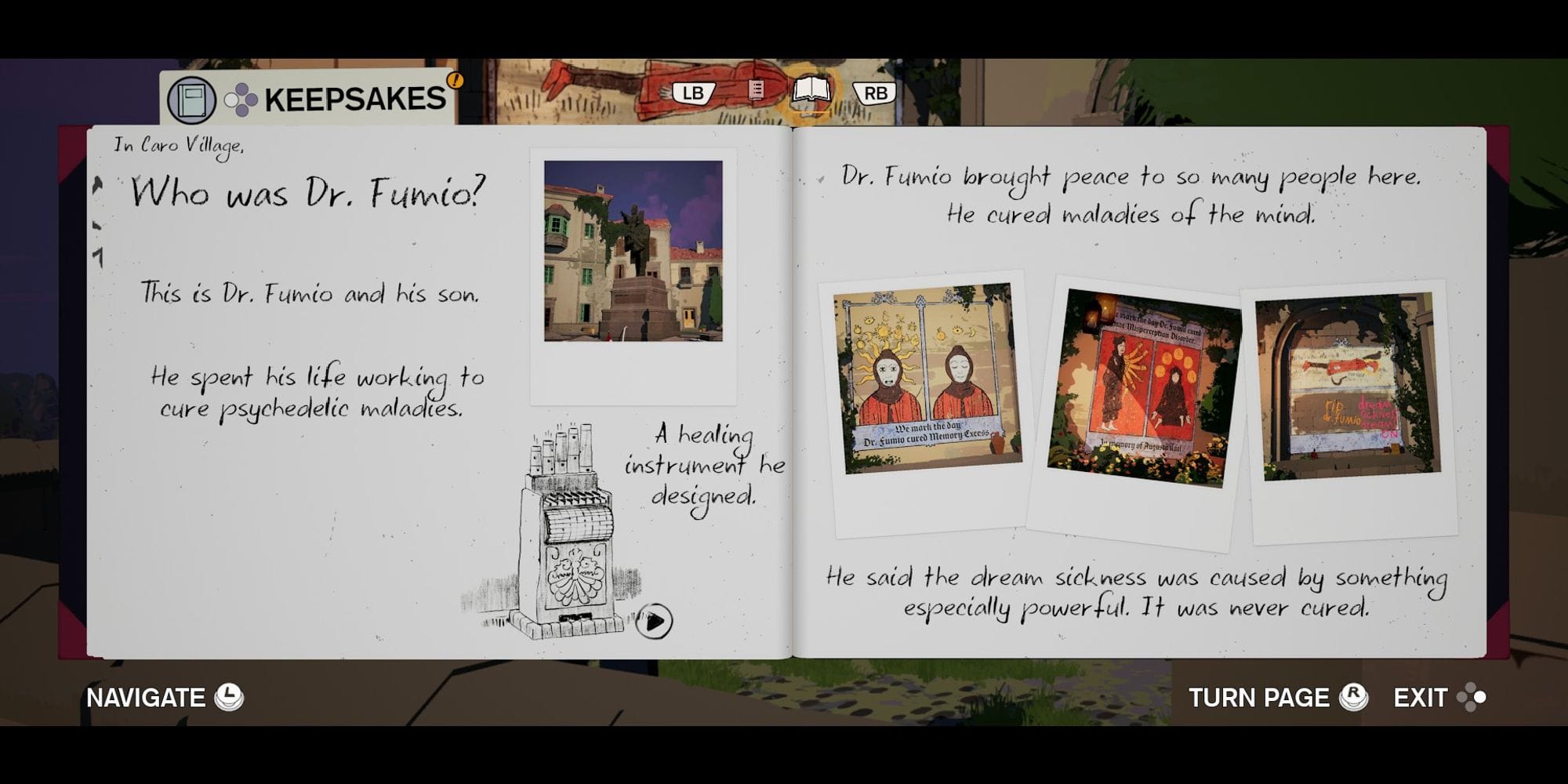
The main game feature is the diary. The game is split into chapters, and the player must leave a minimum number of notes about each area to complete it. It can be photos, recordings, or notes/discoveries the player made.
But I really appreciate the gameplay, which is not focused on violence for a change and is still enjoyable to engage with.
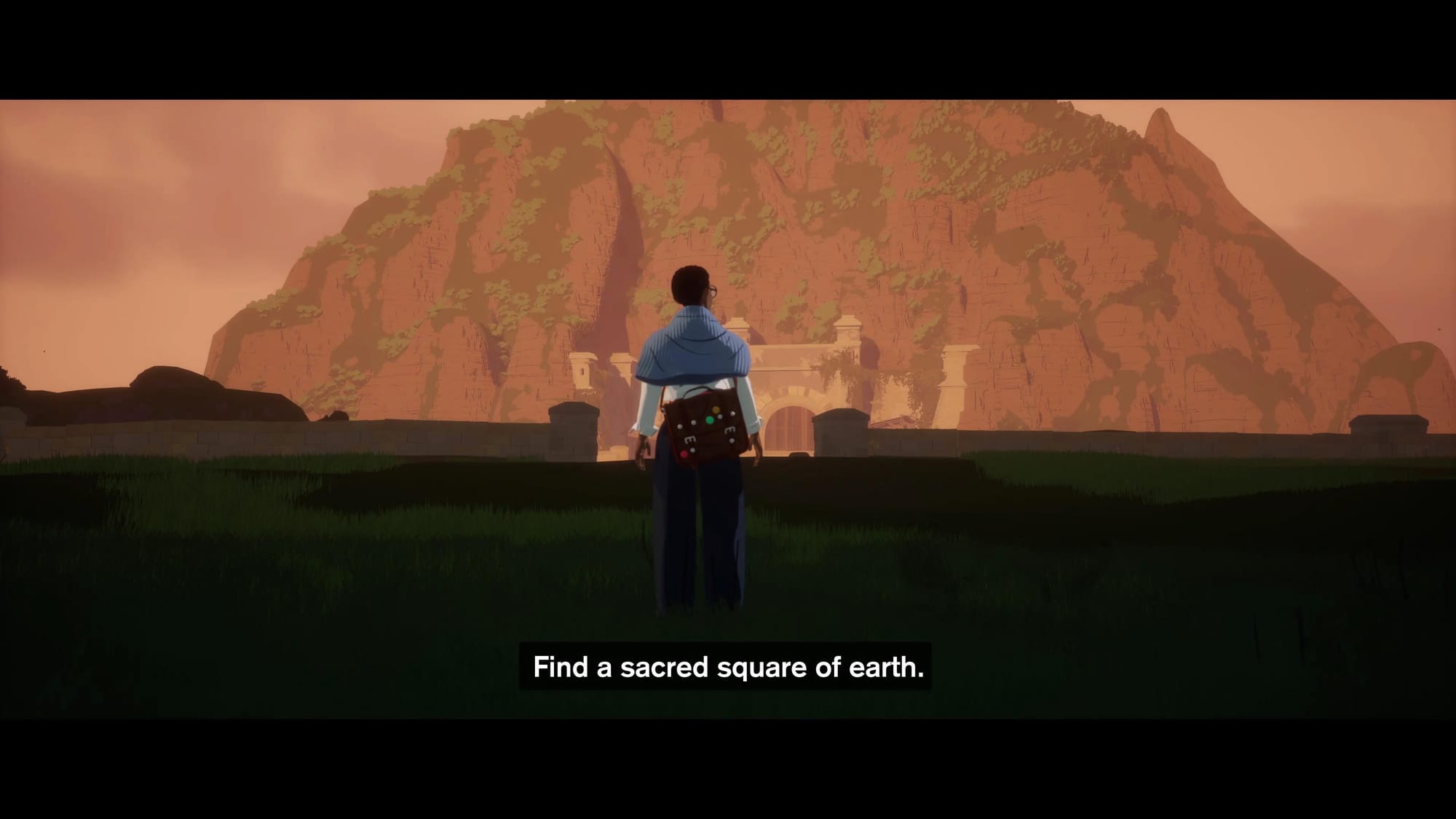
Atmosphere
The atmosphere of the game is consistent with everything else. It mostly puts us in the place of light melancholy, not too intrusive mystery, and minor excitement before the unknown. So, it fits the idea of a mindful adventure. You are not stressed by time constraints, ideas of difficulty, or any other disturbing feeling. And yet, the atmosphere is there. It is ready for you to dive in without forcing it upon you.
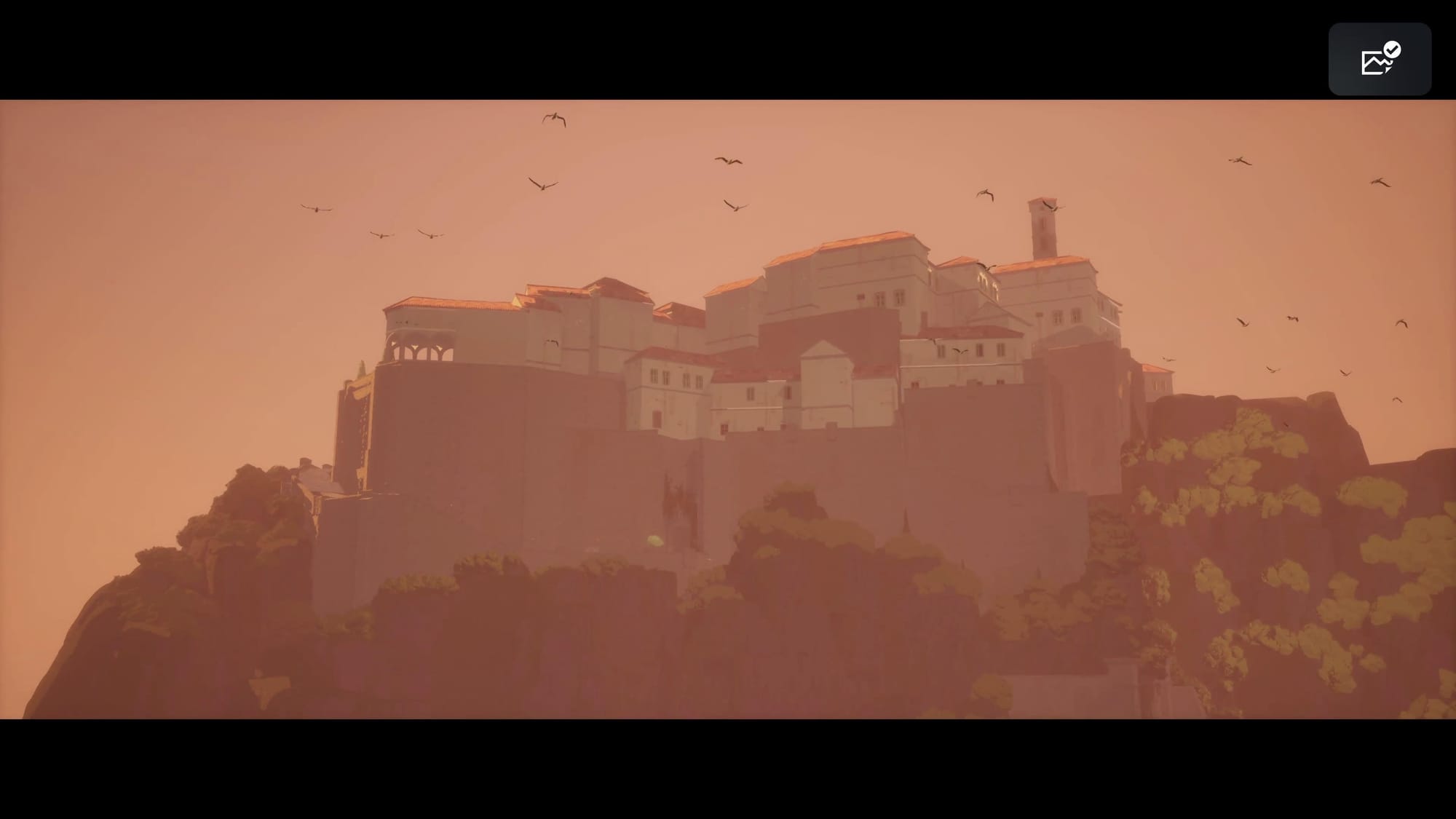
Story
It all starts with the main character, a teenager living in an isolated society, deciding to leave home to explore. There is some mystorious idea of Seasons - time periods in the history of the world that bring significant changes and take away people's memories. Part of the idea of the journey is to preserve the memories of the world before the Season ends to pass on to the next generations who will not remember them by recording them in the character's diary.
So, after briefly walking around the town and learning more details about the lore, the character takes a bike, a regular bicycle, and starts pedaling. During your journey, you find letters and notes learn more stuff by investigating different places. You meet some characters and learn their stories.
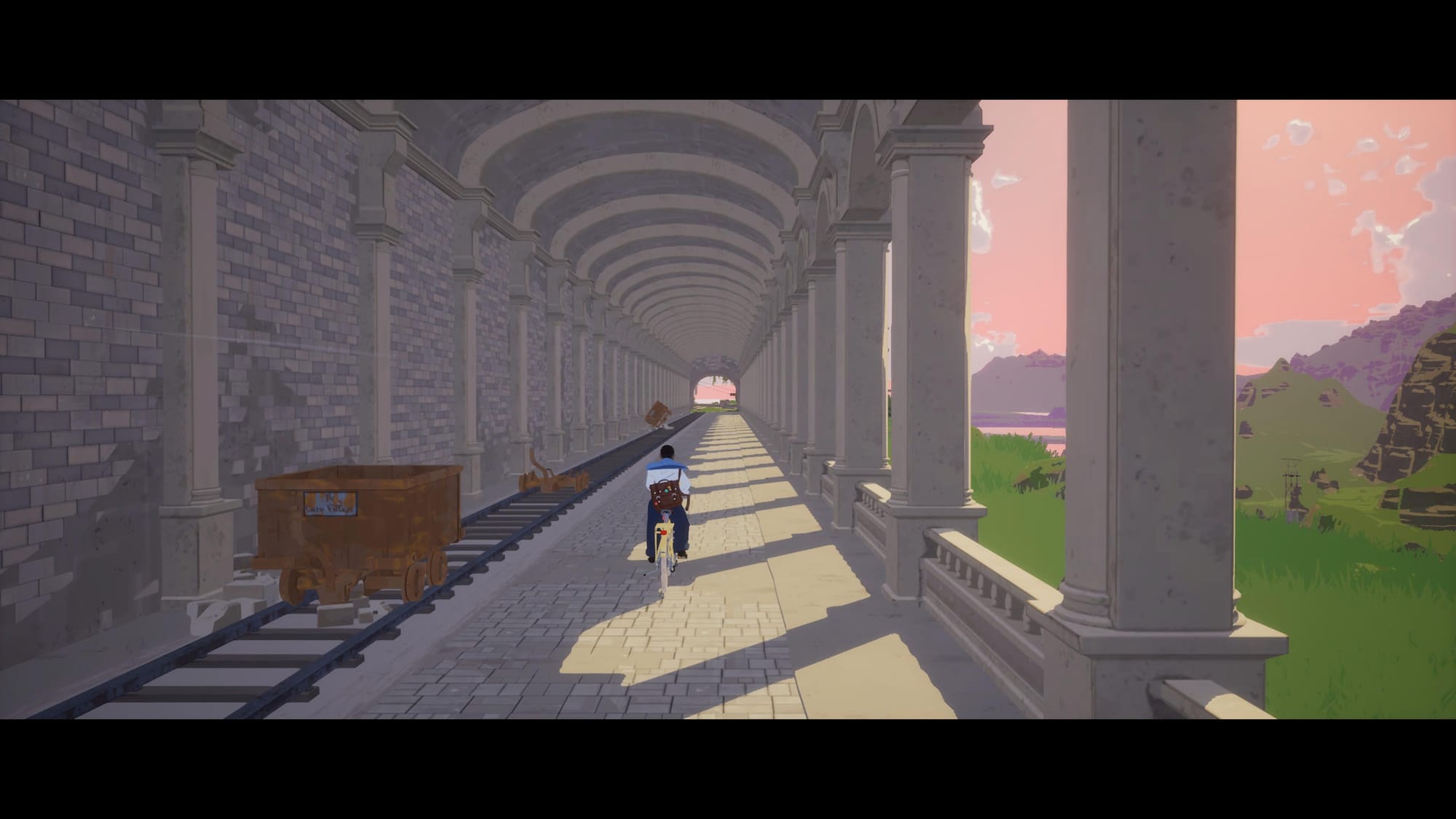
Eventually, reaching the major location of the game with most of the content and meeting the locals, you learn that there was a war, this valley is in danger of being flooded, and everybody has either left or is supposed to leave soon.
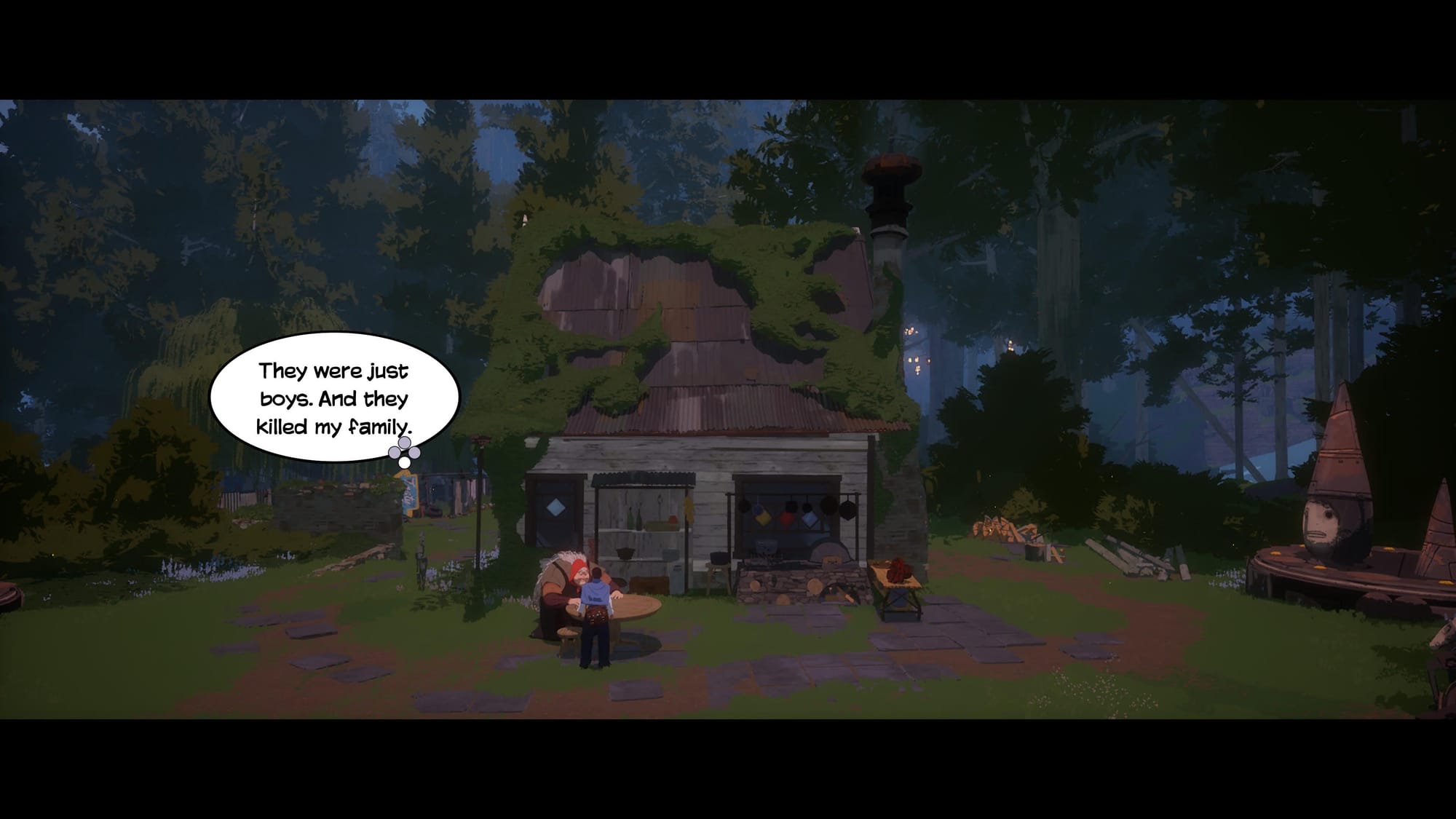
And these stories touched me. I am probably biased because my country is in the middle of an aggressive war, being invaded by a totalitarian regime, and every time I see the screenshot above, I feel tears coming to my eyes. But I also generally grow sentimental with age.
The main storyline is not definitive. A lot of things stayed untold or unsolved for me. For example, there was definitely some evil plot cooking in the background, but the story went on without revealing it. One could say it was intentional, as the game is not about it, but I feel like I was teased and left unsatisfied a bit about it.
But also I felt like the game is conveying interesting and unusual messages that worth reminding to people.
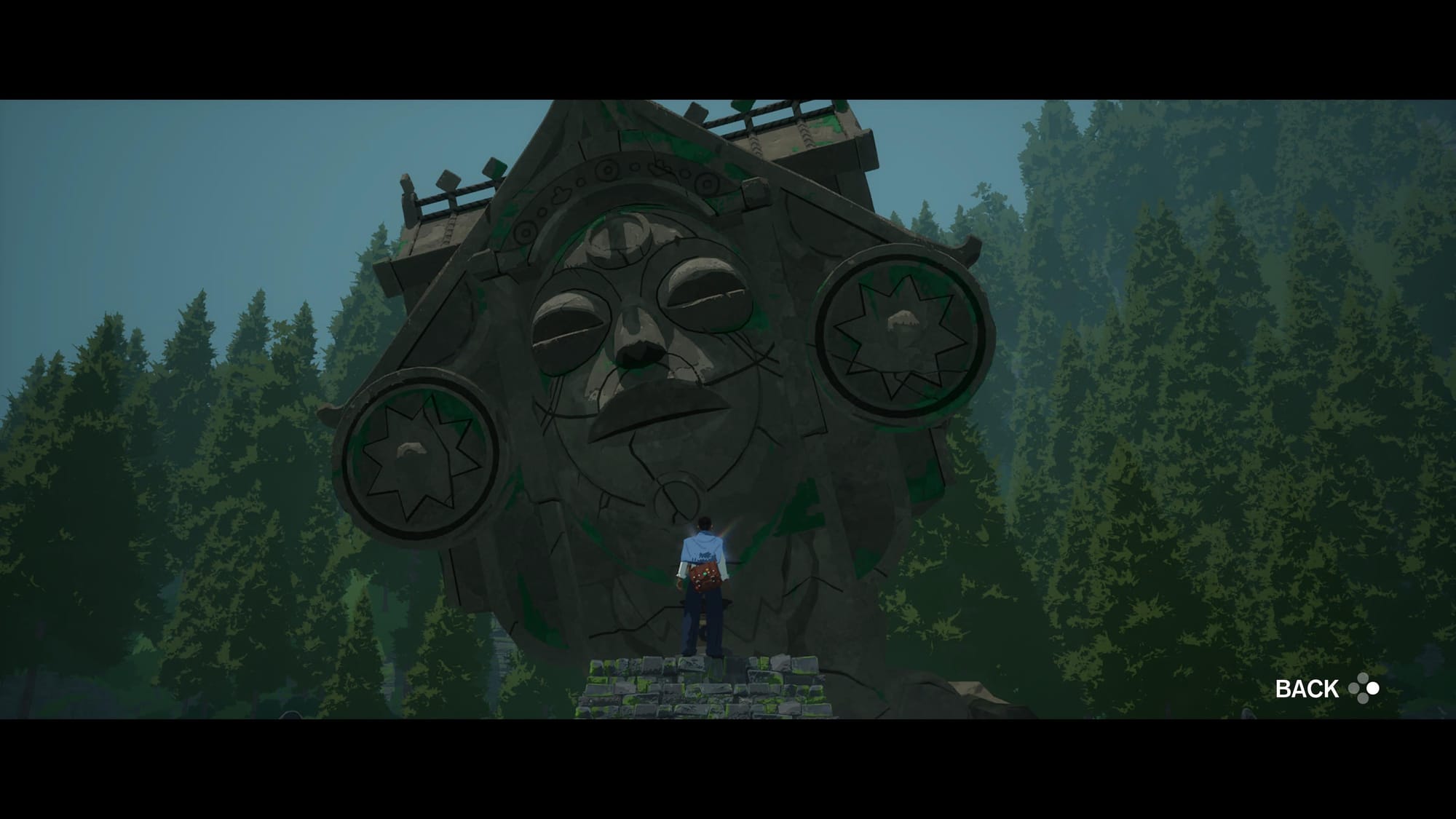
Innovation
I was excited to try this game because it focuses on storytelling and does not resort to violence to entertain. So this is the main kind of innovative part of the game in the modern gaming landscape, together with the visual design. Probably worth mentioning the diary-based game progress. You are not forced to find the specific things to write there - you literally can fill it in however you like. For example, you take photos of the same tree from different angles and put them in the notebook. Whatever catches your attention. Also, you are not really forced much at all in this game. You can run through it very quickly, but what's the point?
So I really like how the pace and level of creativity the player can express in the game is very flexible.
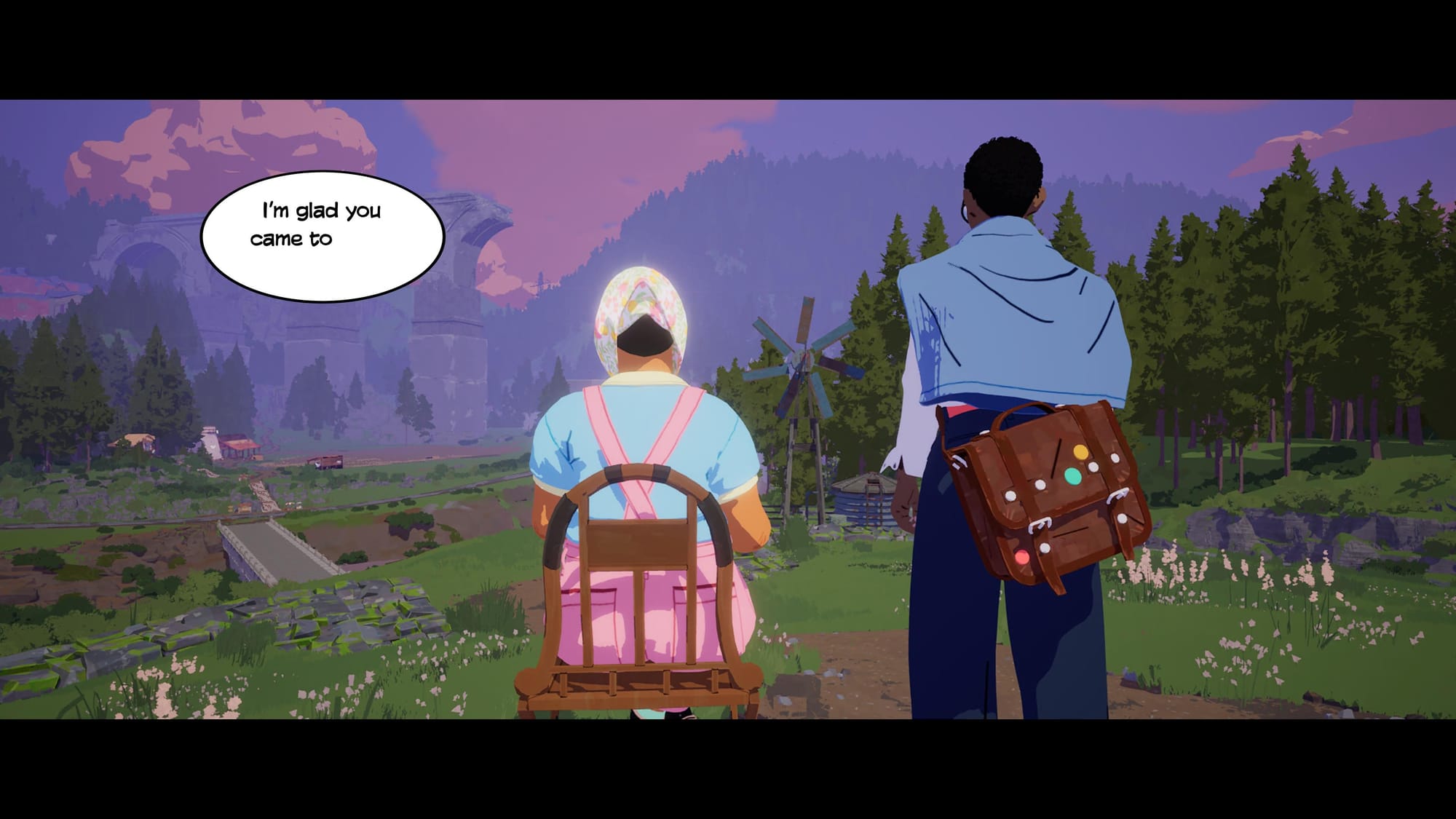
Conclusion
The game scores 26/35, which results in the H.E.A.R.T. rate of 7.4/10.
Season: A Letter to the Future is an interesting game about a mindful adventure in a different world. It has many references to the real world but also interprets events in its own way. It contains smaller stories that can make you think about things and can even be emotional to some. It allows players to do it their way - play the game at their own pace, express their creativity in the diary, and learn it as deep or shallowly as they like. It was quite different from the atmosphere in the Scavengers Studio while developing it though. Anyway, I think this is a very important game for the gaming world, as it gives people a different way of enjoying gaming, where you don't need violence to keep entertained.
It's a shame that the game did not go well commercially and led to layoffs after the release, although I must admit I wouldn't say this game feels like a project for 45 people. It fits well in the line of indie games; it looks like one and feels like companies with much fewer people did much bigger games. But Scavengers Studio itself feels like not a regular indie game development company. After everything they went through, it may change it for the better. Or not.
I really recommend you try the game and see it for yourselves.
